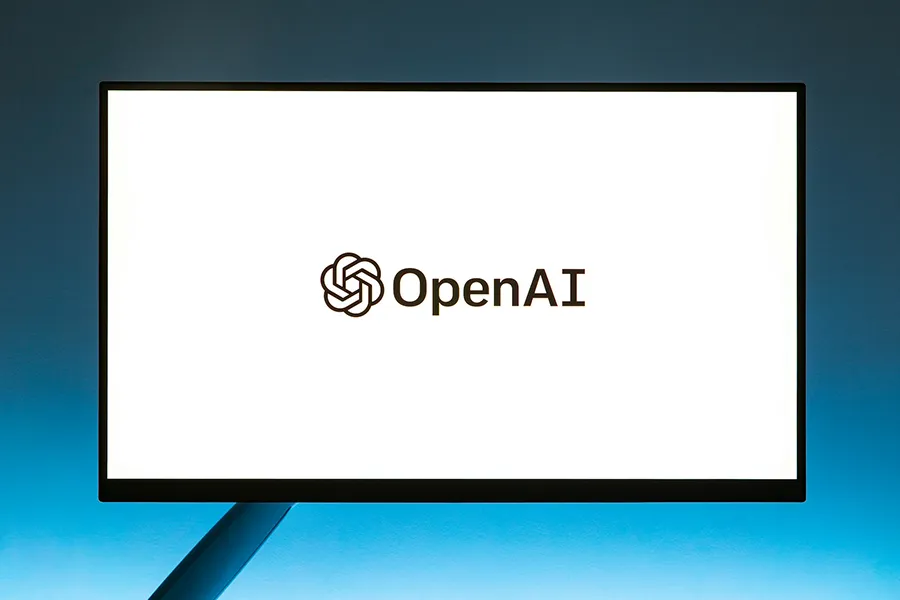Artificial intelligence (AI) has been making waves in the business world, particularly in the realm of customer interaction. From chatbots to virtual assistants, AI has revolutionized the way businesses communicate with their customers. But what does the future hold for AI in customer interaction?
In this article, we’ll explore the latest AI trends and the potential future of AI in customer interaction.
The Rise of Chatbots

Chatbots have become increasingly popular in recent years, and for good reason. These AI-powered virtual assistants can handle a wide range of customer inquiries and tasks, freeing up human agents to focus on more complex issues. Chatbots are available 24/7, can handle multiple conversations simultaneously, and provide quick and efficient responses to customers.
According to a study by Grand View Research, the global chatbot market is expected to reach $27,297.2 million by 2030, with a compound annual growth rate (CAGR) of 23.3% from 2023 to 2030. This growth is driven by the increasing demand for automated customer service solutions and the rising adoption of chatbots by businesses of all sizes.
The Future of Chatbots
As AI technology advances, chatbots will become even more sophisticated and capable. Natural Language Processing (NLP) and machine learning algorithms will empower chatbots to understand and respond to human language more accurately and efficiently. This will create a more seamless and human-like conversation between customers and chatbots.
Chatbots will also become more personalized, using data and insight to tailor responses and recommendations to each customer, resulting in an enhanced customer experience and improved customer satisfaction.
Virtual Assistants: The Next Step in AI Customer Interaction

Virtual assistants, such as Amazon’s Alexa and Apple’s Siri, have become a part of our daily lives. These AI-powered assistants can perform a wide range of tasks, from setting reminders to ordering groceries. But their capabilities are not limited to personal use – virtual assistants are also making their way into the business world.
Virtual assistants can handle more complex tasks than chatbots, such as scheduling appointments, making purchases, and integrating with other AI technologies, like chatbots, to provide a seamless, and more personalized customer experience.
We’ll also see virtual assistants play a more proactive role, using data and insight to anticipate customer needs and provide recommendations or solutions before the customer even asks. Improving the customer’s experience and increasing customer loyalty and retention.
AI-Powered Personalization

Personalization has become a key element of customer interaction, and AI is playing a major role in making it possible. AI-powered personalization uses data and insights to tailor the customer experience to each customer, providing a more relevant and engaging interaction.
You can find AI-powered personalization in different forms, for example, personalized product recommendations, targeted marketing campaigns, and customized customer service interactions to name a few. This improves the customer experience and increases customer satisfaction and loyalty.
The Future of AI-Powered Personalization
As AI technology advances, we will see personalization become more sophisticated and have a higher level of accuracy. We’ll also see AI’s capability to analyze vast amounts of data in real-time, which can provide a more personalized and relevant interaction with customers.
As we mentioned above, AI-powered personalization will become more integrated with other AI technologies, like virtual assistance, providing a seamless and personalized experience for customers across all touchpoints.
The Role of AI in Customer Service
AI has already made a significant impact in the customer service industry, and its role will only continue to grow. AI-powered technologies, like chatbots and virtual assistants, automate routine tasks and provide quick and efficient responses to customer inquiries. Not only does this improve the customer experience but it also reduces the workload for human agents, freeing them up to focus on more complex customer issues.
AI is also playing a major role in data analysis, predictive analytics, and customer insights to anticipate customer needs and provide proactive solutions. With AI-powered tools analyzing vast amounts of data in real-time, businesses can collect valuable insight into customer behavior and preferences. This allows businesses to tailor their customer interactions and offerings to better meet their customer’s needs and wants – which can improve the customer experience and increase customer loyalty and retention.
The Future of AI in Customer Interaction

The future of AI in customer interaction is bright, with endless possibilities for businesses to improve the customer experience and drive success. As we continue to see the growth of AI technology, we can expect to see even more sophisticated and personalized interactions between businesses and their customers.
AI will also become more integrated with other technologies, such as augmented reality and virtual reality, providing a more immersive and engaging customer experience.
Conclusion
AI has already made a significant impact on customer interaction, and its role will only continue to grow in the future. From chatbots to virtual assistants, AI-powered technologies are revolutionizing the way businesses communicate with their customers. As AI technology advances, we can expect to see even more sophisticated and personalized interactions, ultimately leading to a more satisfying and engaging customer experience.




